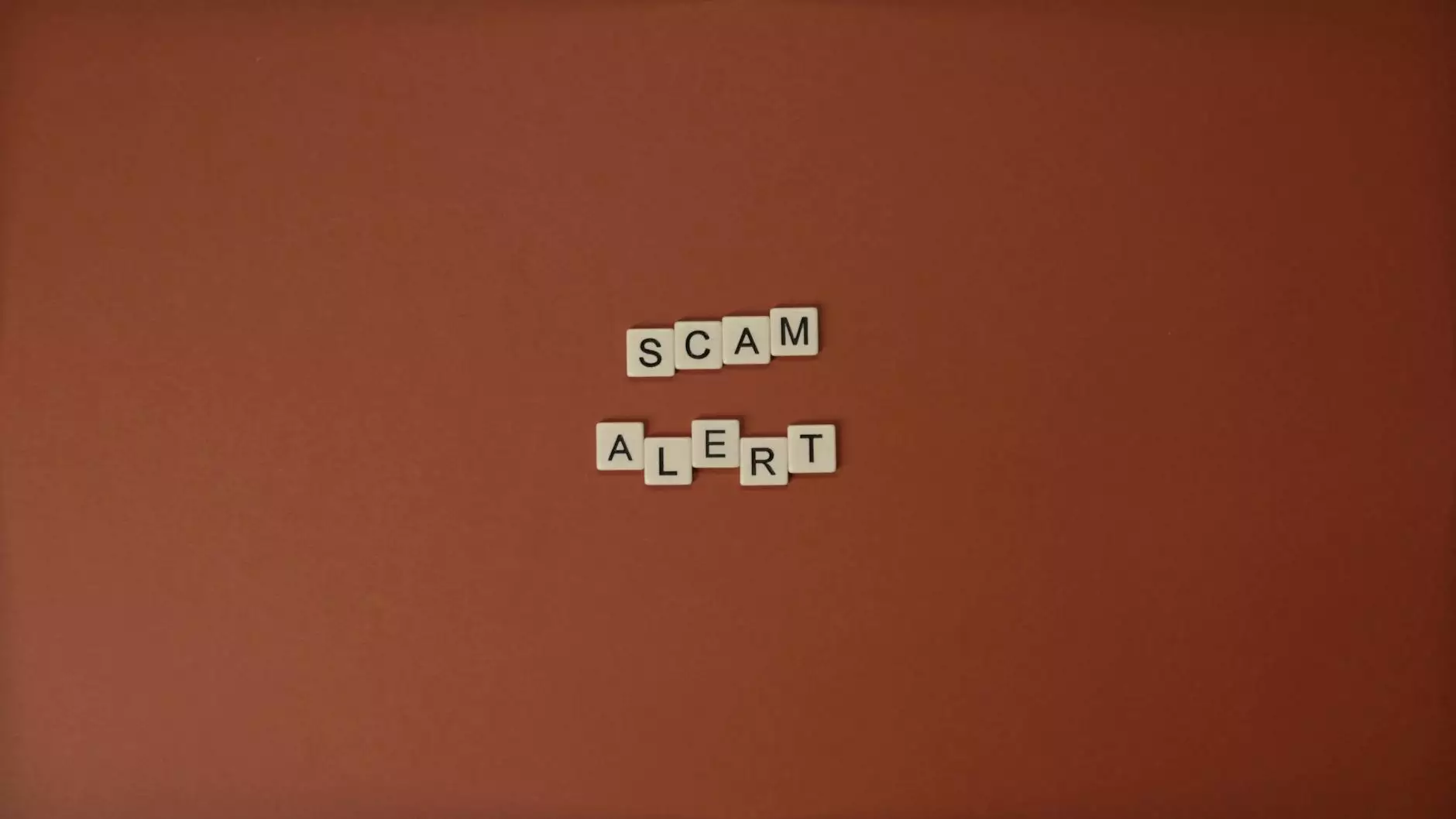Understanding the Use and Implications of Fake Documents in Today's Business Environment

The Rise of Fake Documents in Various Industries
In the modern business landscape, the term fake documents has garnered attention due to its complex implications. As businesses expand globally, the demand for proper documentation has surged, leading to both legitimate needs and deceptive practices. Understanding the nuances of this issue is essential for maintaining integrity and compliance in your business operations.
What Constitutes Fake Documents?
Fake documents refer to any document that has been altered, forged, or created with the intent to deceive or mislead. This can include:
- Counterfeit identification cards
- Falsified academic credentials
- Fraudulent business licenses
- Altered financial statements
- Impersonated contracts
The Legal Implications of Using Fake Documents
Engaging in activities involving fake documents can lead to severe legal ramifications. Laws vary by jurisdiction, but common consequences include:
- Criminal Charges: Individuals may face felony charges that carry long prison sentences.
- Civil Penalties: Companies caught using fake documents can incur heavy fines.
- Loss of Credibility: Organizations may find it challenging to regain trust from clients and partners.
How Businesses Can Protect Themselves
To avoid the pitfalls associated with fake documents, businesses should adopt proactive measures. Here are some recommendations:
- Conduct Thorough Background Checks: Vet potential employees and partners thoroughly to ensure their credentials are legitimate.
- Implement Document Verification Systems: Utilize technology to verify the authenticity of documents.
- Educate Employees: Provide training on the implications of fake documents and how to identify them.
Detecting Fake Documents: Tips and Tricks
The detection of fake documents can be challenging; however, here are effective strategies to identifying them:
- Look for Inconsistencies: Check for typos, mismatched logos, and unusual formatting.
- Verify through Official Channels: Contact issuing authorities to confirm document legitimacy.
- Utilize Technology: Leverage software that can analyze documents for signs of forgery.
The Ethical Stance on Fake Documents
The use of fake documents raises significant ethical questions. While some may argue that such documents may serve a purpose, the foundation of ethical business practices lies in honesty and transparency. Businesses that prioritize integrity not only foster trust but also secure their long-term success.
Consequences of Not Addressing Fake Documents
Failing to address the issue of fake documents can have dire consequences. Businesses may face:
- Financial Loss: Fraudulent activities can result in significant financial damage.
- Legal Repercussions: Organizations could be prosecuted, leading to costly legal battles.
- Reputational Damage: Public trust can take years to rebuild once damaged by deception.
Seeking Legal Assistance Regarding Fake Documents
If your business encounters issues surrounding fake documents, seeking legal counsel is essential. Legal experts can assist in navigating the complexities involved and help implement measures to protect your business.
Common Myths About Fake Documents
There are several myths surrounding fake documents that can mislead businesses. Here are a few:
- Myth 1: Fake documents are easy to spot. Fact: Identifying forgeries often requires training and experience.
- Myth 2: Only small businesses are affected. Fact: Large corporations can also suffer from issues concerning fake documents.
- Myth 3: The online verification processes are foolproof. Fact: Cyber fraud is ever-evolving, and no system is completely secure.
Final Thoughts on the Use of Fake Documents in Business
As businesses continue to operate in increasingly complex environments, understanding the implications of fake documents will become more vital. By prioritizing ethics, transparency, and diligence, businesses can navigate this tricky landscape effectively. Stay informed, remain vigilant, and foster an organizational culture that values legitimacy and integrity.
For more information on how to protect your business against the risks associated with fake documents, explore our comprehensive Legal Services.
fake documents








